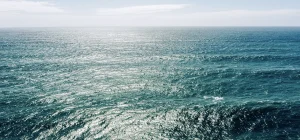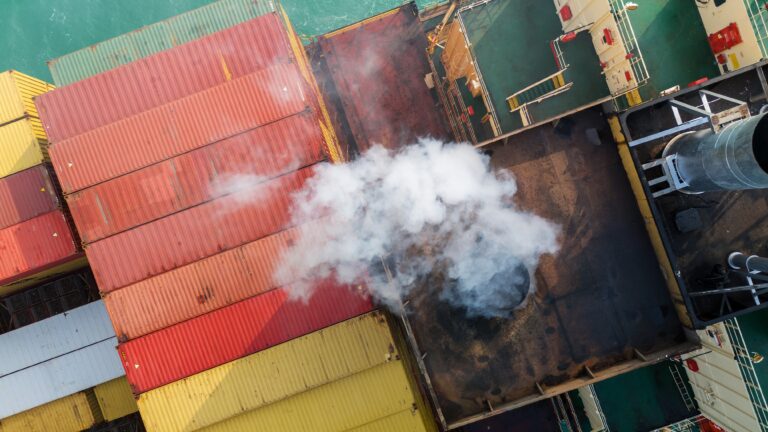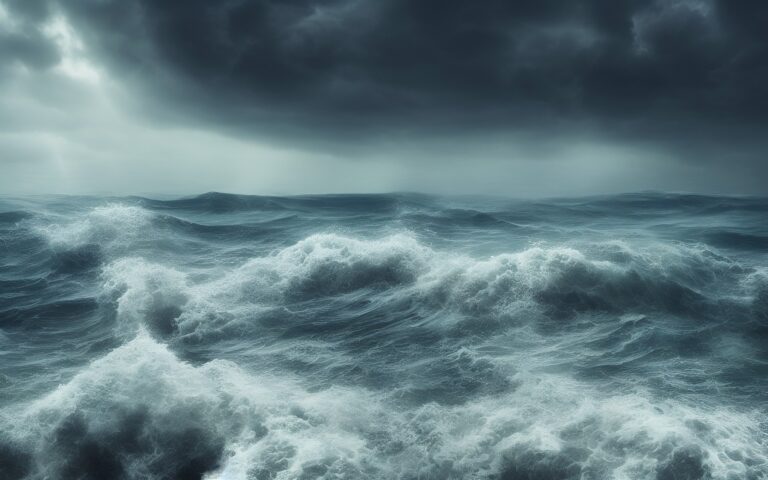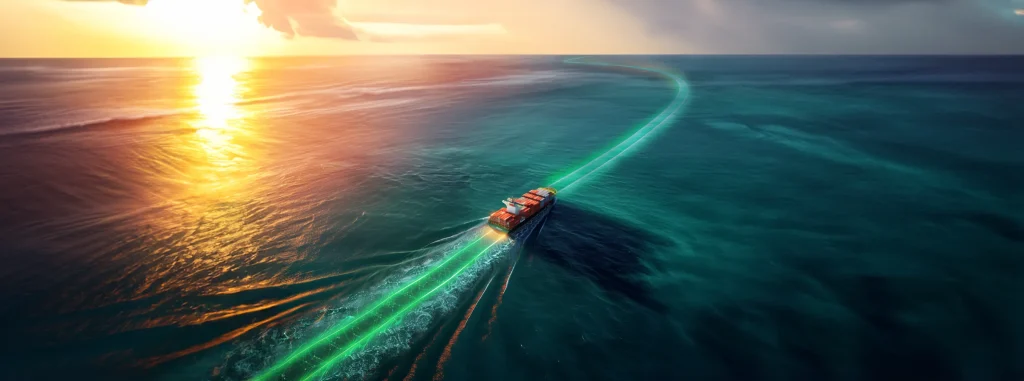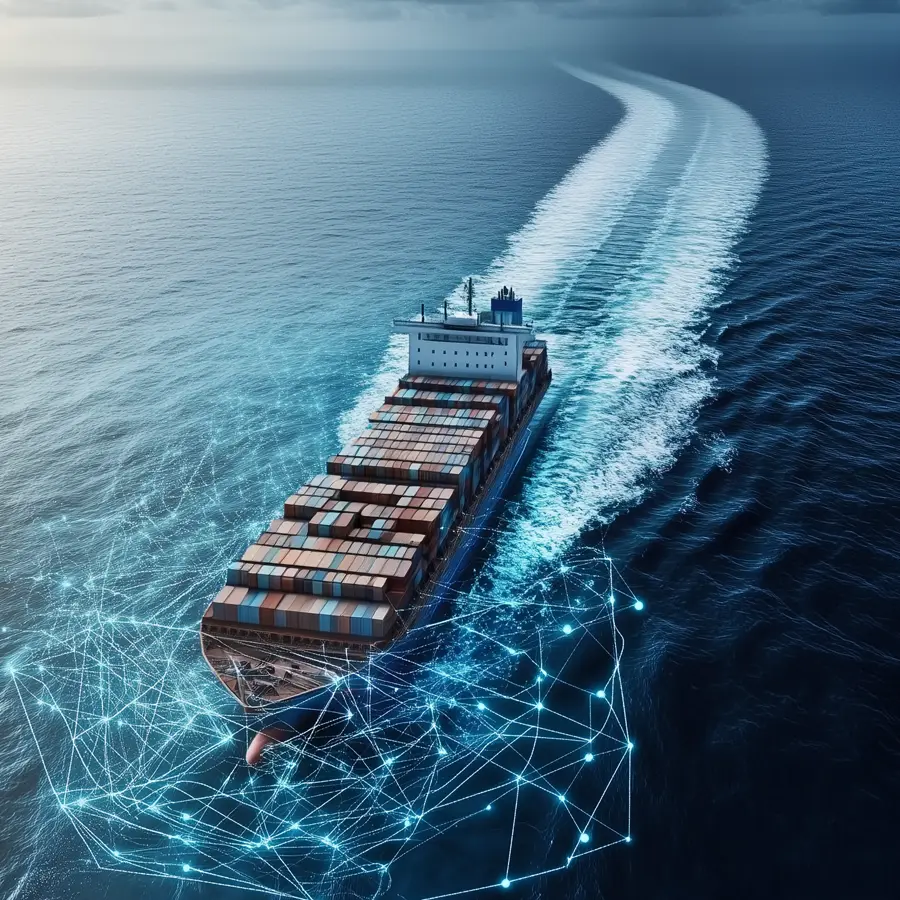
Prepare for 2025: Extension of EU MRV to Vessels Above 400 GT
- Nikki
As the maritime industry progresses towards greater environmental accountability, significant regulatory changes are imminent. One such development is the extension of the EU Monitoring, Reporting, and Verification (MRV) regulations, set to come into effect on January 1, 2025. These amendments will expand the scope to include general cargo vessels and offshore ships of 400 gross tonnage (GT) and above. This change marks a pivotal shift in the regulatory landscape, impacting a broader range of vessels and introducing new compliance requirements. All, in order to achieve the revised goal from the International Maritime Organisation (IMO) to reach net-zero GHG emissions by 2050.
Understanding the Extended EU MRV Regulations
The EU MRV regulation mandates that shipping companies report annually on their CO2 emissions from ships calling at EEA ports, which are then need to be verified by accredited independent verifiers. Initially targeting vessels of 5000 GT and above, the upcoming changes will lower this threshold to include smaller vessels, significantly broadening the regulatory scope.
Key Changes Effective January 1, 2025:
- Inclusion of General Cargo Vessels of 400 GT and above: These vessels will now fall under the EU MRV regulations, requiring detailed emissions reporting and verification.
- Inclusion of Offshore Vessels: Offshore vessels, previously exempt, will also be required to comply with the new emissions reporting standards.
- Expanded Emission Types: The regulations will now cover not only CO2 but also methane (CH4) and nitrous oxide (N2O) emissions, reflecting a more comprehensive approach to greenhouse gas reporting.
- Earlier Deadline: From 2025, the deadline for the submission of submitted a verified EU MRV Emissions Report to the European Commission will be 31st of March, instead of 30th of April.
Purpose and Integration with EU ETS
The primary objective of the EU MRV regulations is to assess and mitigate the environmental impact of maritime transport. The collected emissions data serves as a foundation for the EU Emissions Trading System (ETS) that attaches a direct cost to the Emissions allowances (EUAs) a company is required to purchase. Therefore, incorrect reporting can have significant financial consequences.
Steps for New EU MRV Clients:
- Generate Your Monitoring Plan: Prepare a monitoring plan for each of your vessels with the help of the templates from the European Commission. Ensure these plans are onboard at all times.
- Plan for Digital Reporting: Transition from manual to digital data collection and reporting to ensure consistency, quality, and efficiency. Digital reporting also meets the requirements of various stakeholders, making operations more future-proof. Try Proseadure’s Green module to automatically comply with EU MRV and CII.
- Establish Robust Processes: Develop solid processes for data collection, monitoring, and reporting. Regularly check data quality throughout the year to avoid last-minute issues. Need help? Our data experts can verify and check your data before submitting to third-party verifiers.
- Start Early: Begin the compliance process as soon as possible. Use the remaining time in 2024 to establish and refine processes, ensuring readiness for 2025.
As the EU MRV regulations extend to smaller vessels, the maritime industry faces new challenges and opportunities for environmental accountability. By using Proseadure’s expert advice and leveraging their tools, shipowners and operators can navigate these regulatory changes with confidence, ensuring compliance and contributing to a more sustainable maritime future.
Interested in learning more? Book a demo with our experts today and discover how Proseadure can help you navigate the future of maritime compliance.
Latest news
- Nikki
- Nikki


